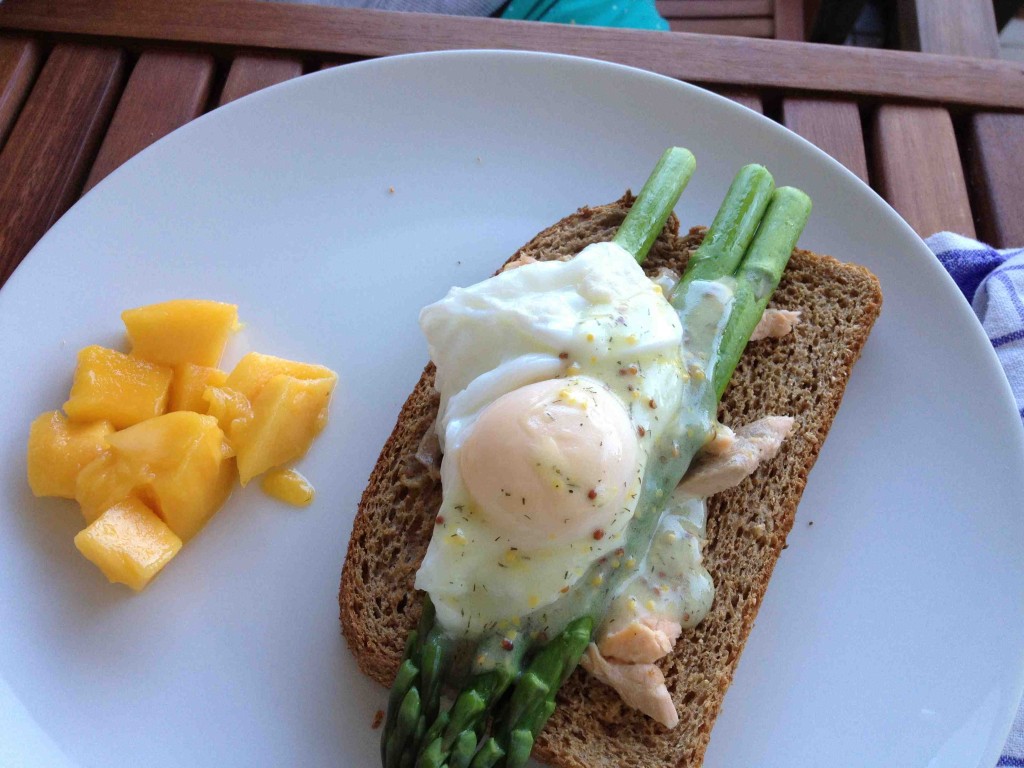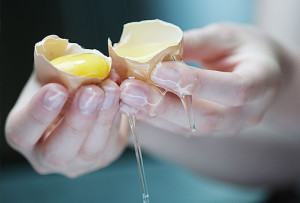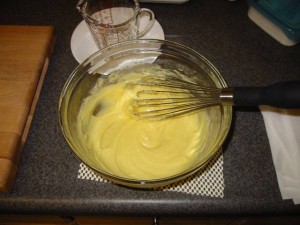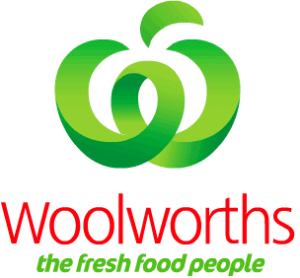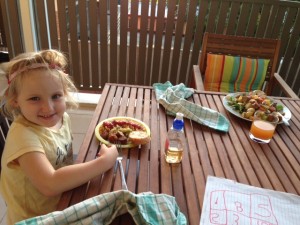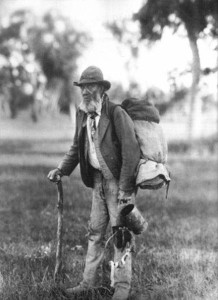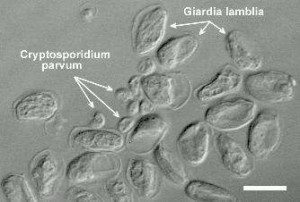As some of the 140 sickened with Salmonella linked to raw egg mayonnaise in Canberra prepare for legal action, The Canberra Times confirms that Australia has an egg problem (that’s what the headline says).
There has been an average of 100 cases a year of salmonella poisoning – or salmonellosis – in the ACT since 1991, but the number is actually higher as not 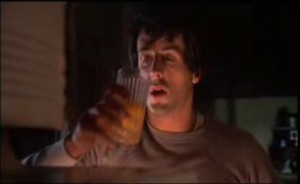 everyone affected seeks medical attention.
everyone affected seeks medical attention.
Last year, there were 241 cases in the ACT, well above the 23-year historical average.
Rising national rates of salmonella infection led to the introduction of a national food standard for egg producers late last year to address the risk of egg products in salmonellosis. The national standard prohibits the sale of cracked and dirty eggs, and requires individual eggs to be stamped with the producer’s unique identification so they can be traced, but they say it is too early to tell whether it has had a positive effect.
The measures do not answer all the issues either, as it is up to individual jurisdictions to enforce the standard, although NSW has had an Egg Food Safety Scheme in place since 2010 for anyone producing more than 20 dozen eggs a week.
And with the largest-ever salmonella outbreak in the territory determined to be from the mayonnaise at the Copa Brazilian Churrasco restaurant, there is a lesson for all in food safety.
“I think there’s a pretty good awareness of food safety risks in general,” said John Hart, national chief executive of the Restaurant and Catering 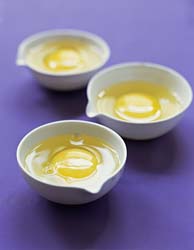 Association, “but this area and the risk that eggs pose is showing up to be an area where there isn’t sufficient education as to the risks.
Association, “but this area and the risk that eggs pose is showing up to be an area where there isn’t sufficient education as to the risks.
“We’ve had two outbreaks of that nature in the ACT in recent times, and it’s certainly an area in which we need some significant education to stop these sort of outbreaks occurring. It seems that most of the incidents and significant incidents we’ve had in recent times have all been around eggs.”
The Restaurant and Catering Association says it’s going to do more education about raw egg risks, but for budding chefs who fancy some homemade aioli or nanna’s tiramisu, the buck stops with them.
Australian National University professor of infectious diseases and microbiology Peter Collignon said last year that distinguishing between egg providers was not necessarily enough.
”Any egg, whether it’s commercial or free range, can be an issue,” Mr Collignon said.
”My view is whatever egg I get from whatever source, it’s too hard to know, so I cook it.”
A table of raw-egg related outbreaks in Australia is available at http://bites.ksu.edu/raw-egg-related-outbreaks-australia.

